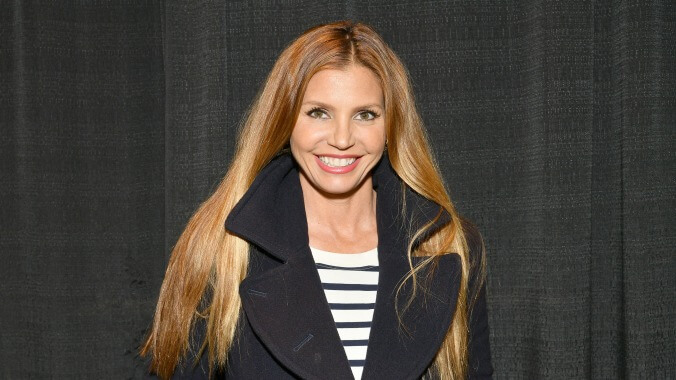Charisma Carpenter issues call for change, consequences, and real ally-hood

Almost a month after coming forward with allegations of abuse against her former boss Joss Whedon on the sets of Buffy The Vampire Slayer and Angel, Charisma Carpenter has picked up her pen once again. This time, Carpenter has penned a new editorial for The Hollywood Reporter, addressing, not her own treatment, or the ways Whedon allegedly intimidated, belittled, and verbally abused her on the shows’ sets, but the responses she’s received since coming forward with her account. (A move that led to a number of Whedon’s former employees, mostly women, issuing their own notes of support or descriptions of his unwelcome behavior.) Titled “How To Be An Ally Of Victims Of Abuse,” Carpenter’s new column is a forthright, thoughtful, and appealingly blunt breakdown of how to support those who come forward in the aftermath of abuse, foregrounding their feelings and experiences rather than one’s own.
